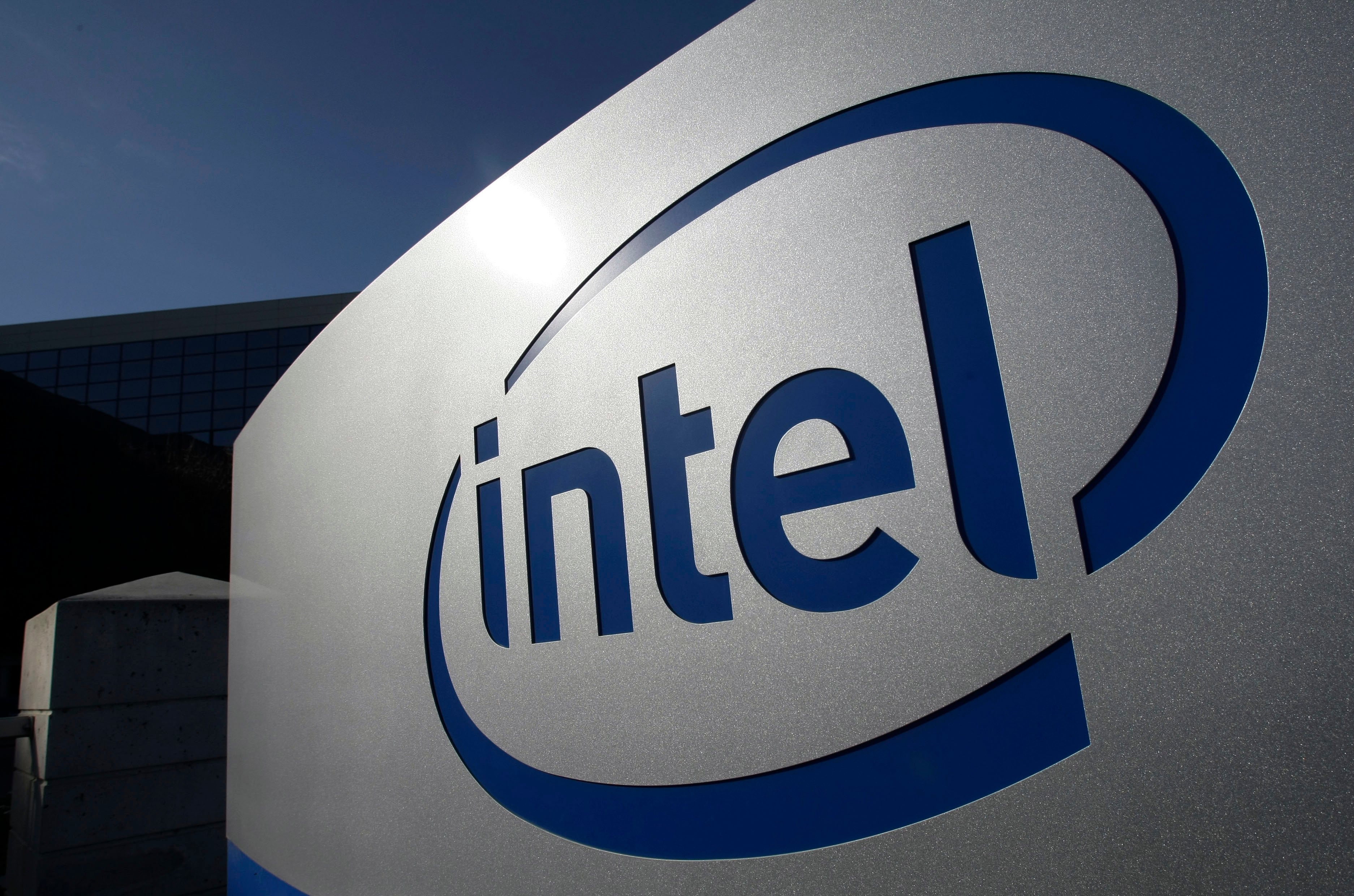Sprint’s COO of Technology Guenther Ottendorfer, who announced hours after taping an interview with Cheddar Friday that he is stepping down from his post, discussed what the telecommunications company has in store for the year ahead. Ottendorfer said that in 2018 Sprint is looking to add new sites to its network and will spend $5 to $6 billion in the next year. He added the company is prioritizing massive MIMO, a multi-antenna technology, and plans to expand its High Performance User Equipment (HPUE) program, which was unveiled in late 2016. “That will help us, in a world of growing data, to fulfill our customer demands,” Ottendorfer said. In a statement he said that HPUE can expand its 2.5 GHz coverage by up to 30 percent, including indoors. These investments come after Sprint recently called off a merger with rival carrier T-Mobile. The companies have been in talks on and off since 2013. The wireless telecommunication market in the United States was worth an estimated $256 billion in 2016, according to Statista. Currently, the industry is dominated by both AT&T and Verizon, the same report noted. A merger of the #3 and #4 players in the industry would have still lagged behind the giants. Still, analysts consider that as consumers prefer unlimited data, both Sprint and T-Mobile are poised to chip away the AT&T and Verizon’s market share dominance. In the tweet Friday, Ottendorfer said he was leaving the company to be with family in Vienna. “I have been working here with full energy [and] passion [and] I am proud of all we have accomplished and [I’m] excited for what Sprint will do next!” he said in the tweet, adding that the “network is in excellent hands [with] my friend Dr. John Saw,” Ottendorfer said. He’d been with Sprint since 2015.












